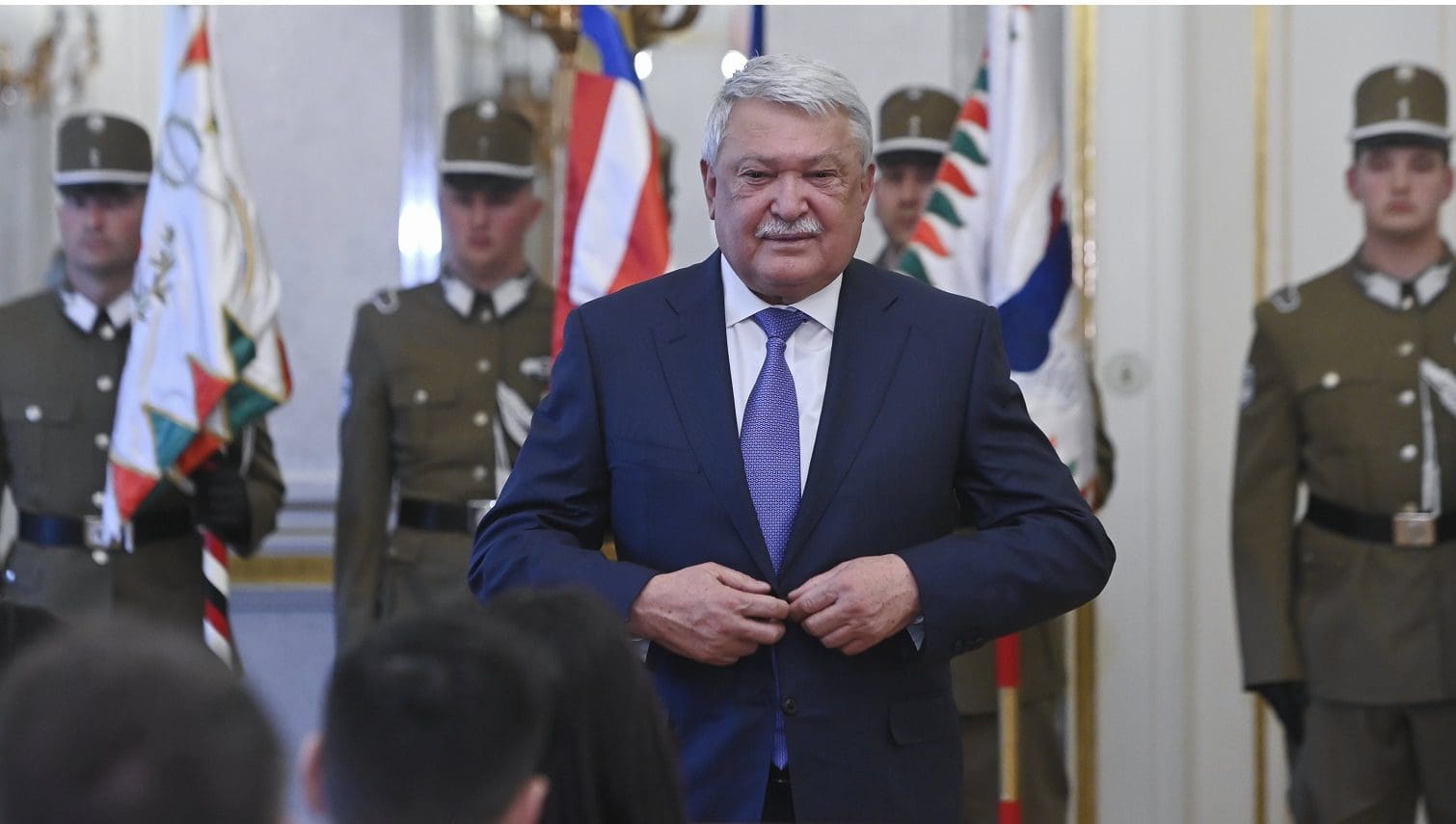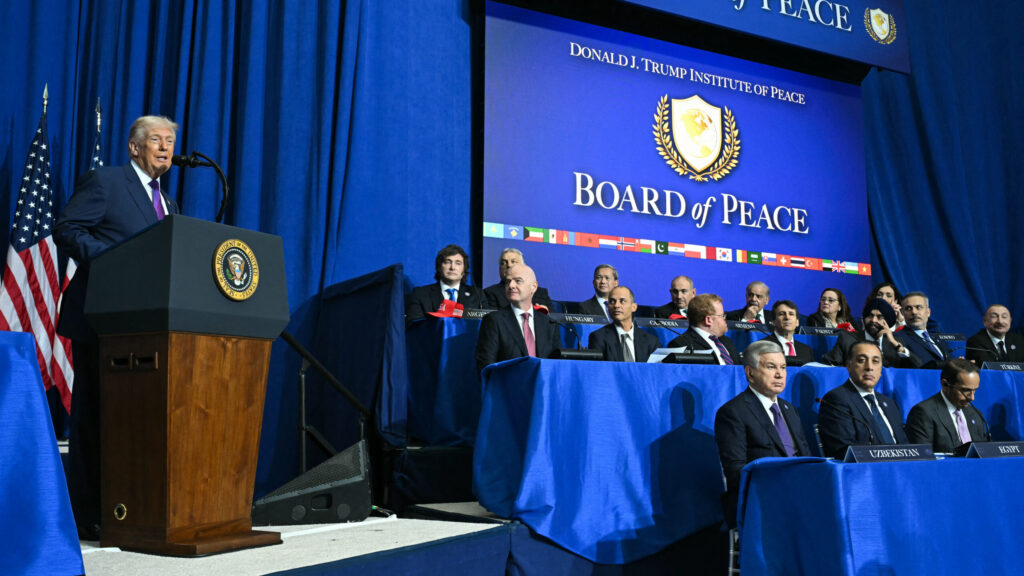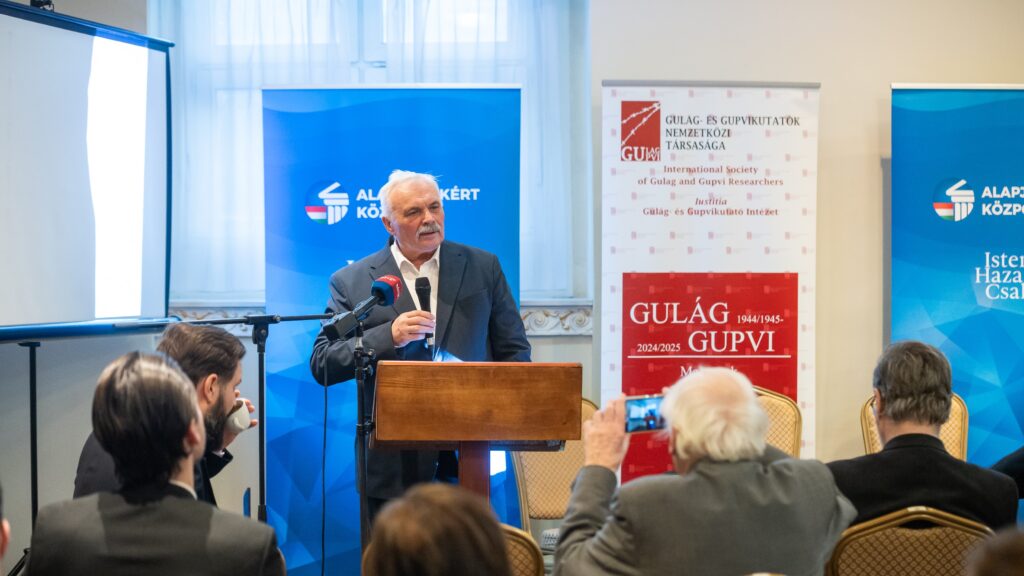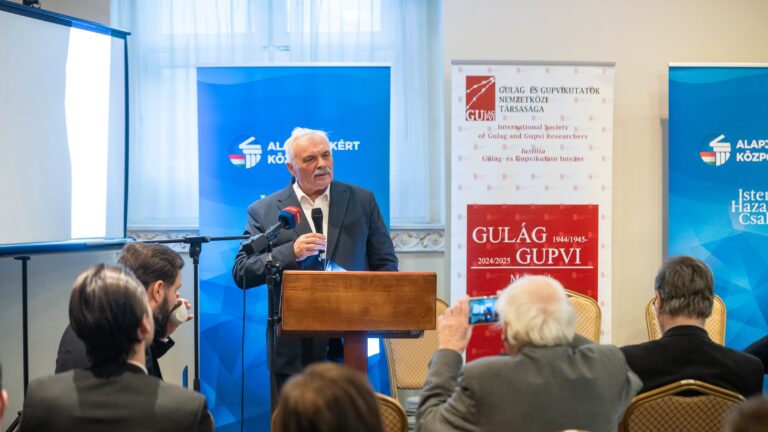Sándor Csányi, in office since 2010, has just been elected to another five-year term as the Chairman of the Hungarian Football Association (MLSZ), making him the longest-serving leader in the Association’s history.
On that occasion, he talked to the premier Hungarian sports daily, Nemzeti Sport, about the pressing issues of Hungarian football today.
The most controversial of them is the new regulation under which clubs will only be entitled to 500 million HUF ($1.47 million) of central funding from MLSZ if, on average, they play at least five Hungarian players, one under the age of 21, per league game next season. The Chairman explained that, despite what some club officials claim, this was not a sudden decision, as teams were informed about the plan as early as last spring.
He also pointed out that other countries in the region, such as Austria and Poland, have similar incentives in place, and partial compliance with the rule can still get a club up to 325 million HUF ($950,000) in association funding. Csányi also opined that his association has every right to set some criteria for receiving the funds, since they are the ones providing them, and stated that this new rule serves the long-term benefit of Hungarian football, even if it may hurt some short-term interests.
Previously, even Prime Minister Viktor Orbán of Hungary has voiced his public support for the new MLSZ incentive, which became known in the football press as ‘the 5/1 rule’ or ‘the Hungarian rule’.
As for the men’s national team, they were drawn into a group with Portugal, Ireland, and Armenia for their 2026 World Cup qualification. Csányi told Nemzeti Sport that he does not expect head coach Marco Rossi’s team to finish above recent Nations League winners Portugal, but he certainly expects them to finish above Ireland, guaranteeing them a spot in the play-offs for WC qualification with a runner-up finish.
Chairman Csányi also shared that at this year’s UEFA Champions League final in Munich, Germany, ten Hungarian experts—who will be involved in the organization of next year’s UCL final in Budapest, Hungary—were present as observers. Some were from the National Event Management Agency (NRÜ), some were from the management of the host venue, Puskás Arena, and some were from Hungary’s National Police Force.
Budapest will be hosting the final for Europe’s most prestigious club competition for the first time on 30 May 2026, making it the 28th city to provide the venue for a UCL final.
Related articles:







